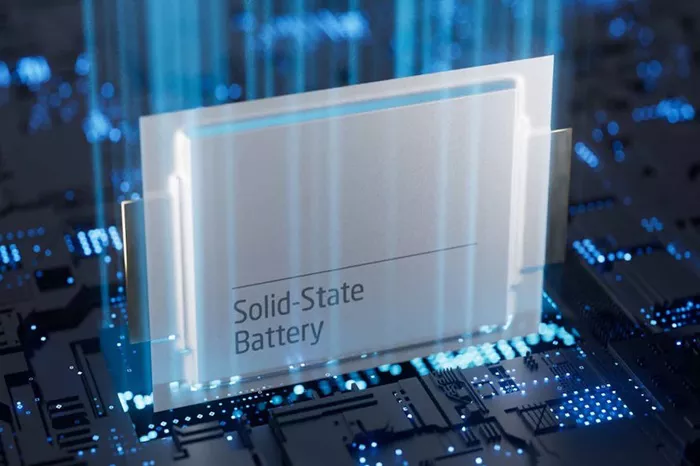On March 10, Lee Byung-joo, a senior researcher at the Korea Institute of Science and Technology (KIST), announced a breakthrough in understanding how lithium ions move in solid electrolytes. This discovery is crucial for advancing all-solid-state batteries. The research team also proposed a new design strategy using artificial intelligence (AI) to enhance battery performance.
In batteries, electrolytes act as the channels for ion movement. Traditionally, liquid electrolytes have been used, but solid electrolytes are gaining attention as a safer and more stable alternative for next-generation batteries, especially all-solid-state batteries. Solid electrolytes are less likely to catch fire and are more structurally sound than their liquid counterparts.
However, solid electrolytes have a major drawback: they have lower ionic conductivity, meaning ions move less efficiently compared to liquid electrolytes. Additionally, they experience significant friction at the interface with electrodes and can undergo chemical reactions that degrade battery performance. These challenges have hindered the commercialization of all-solid-state batteries.
To tackle these issues, the research team collaborated with POSCO Holdings’ Applied AI Research Team to develop AI-powered simulations. Unlike traditional methods, which were slow and less accurate, the team used machine learning technology that allows AI to independently learn and make more precise predictions about atomic movements within the battery. This innovation enabled the team to analyze the movement of over 3,000 atoms in all-solid-state battery materials at nanosecond intervals.
Related topics:
- South Korean Battery Makers Push Innovation in Lithium Metal Anodes
- New Manganese-Based Battery Material Promises to Increase EV Range by 20%
- SK On Develops 46mm Battery, Targets Mass Production & EV Cooling Innovation

